Reports
-
- Clean Energy Transitions Programme (28)
- Technology Collaboration Programme (12)
- Clean Energy Transitions in Emerging Economies (7)
- People-Centred Clean Energy Transitions (3)
- CEM Hydrogen Initiative (2)
- Energy Efficiency in Emerging Economies (2)
- Energy Sub-Saharan Africa (2)
- Global Commission for Urgent Action on Energy Efficiency (2)
- Designing for fairness (1)
- Digital Demand-Driven Electricity Networks Initiative (1)
-
Financing Clean Energy in Africa
World Energy Outlook Special Report
Country report — September 2023
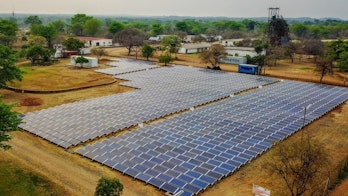
-
National Reliance on Russian Fossil Fuel Imports
How do countries rely on and consume Russian energy?
Statistics report — July 2023
-
Emissions from Oil and Gas Operations in Net Zero Transitions
A World Energy Outlook Special Report on the Oil and Gas Industry and COP28
Fuel report — May 2023
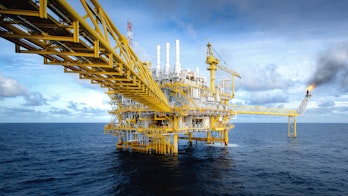
-
Credible pathways to 1.5°C
Four pillars for action in the 2020s
Default report — April 2023
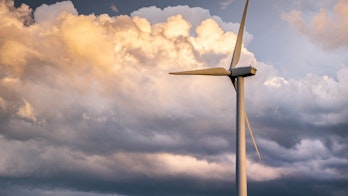
-
Towards hydrogen definitions based on their emissions intensity
Technology report — April 2023

-
Fossil Fuel Subsidies in Clean Energy Transitions: Time for a New Approach?
A "price gap-plus" approach could bring carbon prices and environmental costs into the equation.
Default report — February 2023
-
Fossil Fuels Consumption Subsidies 2022
Policy report — February 2023

-
Background note on the natural gas supply-demand balance of the European Union in 2023
Default report — February 2023
-
Coal 2022
Analysis and forecast to 2025
Fuel report — December 2022

-

How to Avoid Gas Shortages in the European Union in 2023
A practical set of actions to close a potential supply-demand gap
Flagship report — December 2022
-
Renewables 2022
Fuel report — December 2022

-
Energy Efficiency 2022
Fuel report — December 2022

-
How Hybrid PV Technologies Can Contribute to the Decarbonisation of Thailand's Power System
Technology report — November 2022
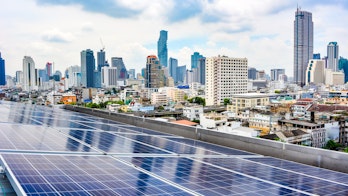
-
Frequently Asked Questions on Energy Security
The following information is based on the most recently available data and analysis from the IEA and will be updated periodically.
Report — 16 November 2022
-
Coal in Net Zero Transitions
Strategies for rapid, secure and people-centred change
Fuel report — November 2022
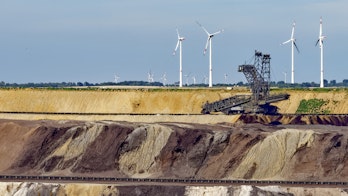
-
Never Too Early to Prepare for Next Winter
Europe’s gas balance for 2023-2024
Fuel report — November 2022

-

World Energy Outlook 2022
Flagship report — October 2022
-
Gas Market Report, Q4-2022
Including Global Gas Security Review 2022
Fuel report — October 2022
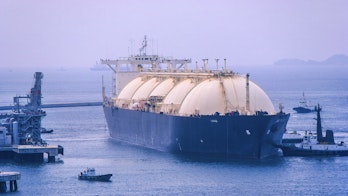
-
Global Hydrogen Review 2022
Technology report — September 2022

-
Breakthrough Agenda Report 2022
Accelerating sector transitions through stronger international collaboration
Default report — September 2022

-
An Energy Sector Roadmap to Net Zero Emissions in Indonesia
Country report — September 2022

-
Technology and Innovation Pathways for Zero-carbon-ready Buildings by 2030
A strategic vision from the IEA Technology Collaboration Programmes
Technology report — September 2022
-
By 2030 EVs represent more than 60% of vehicles sold globally, and require an adequate surge in chargers installed in buildings
Part of Technology and innovation pathways for zero-carbon-ready buildings by 2030
Technology report — September 2022
-
Residential behaviour changes lead to a reduction in heating and cooling energy use by 2030
Part of Technology and innovation pathways for zero-carbon-ready buildings by 2030
Technology report — September 2022